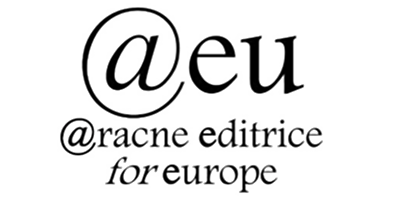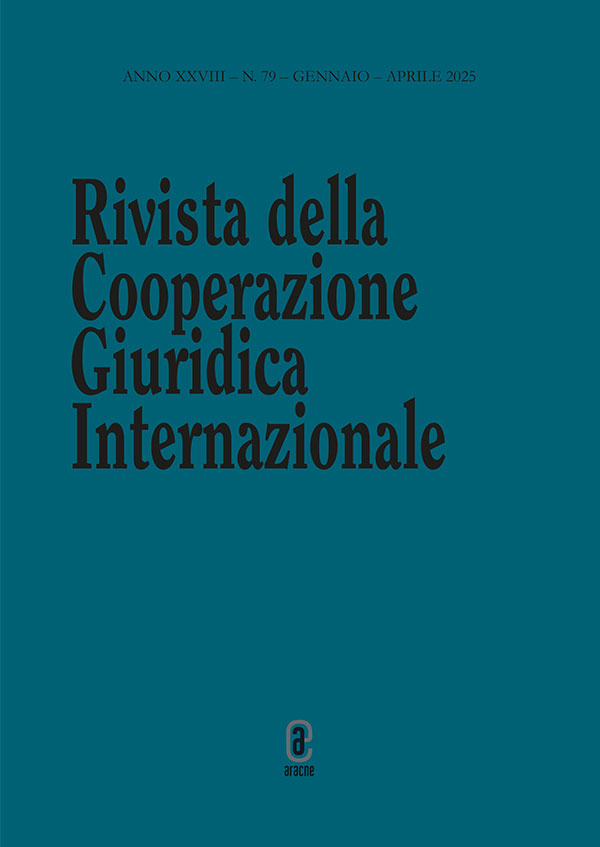DOI: 10.53136/97912218188717
Pagine: 77-92
Data di pubblicazione: Aprile 2025
Editore: Aracne
SSD:
IUS/13
On 18 November 2022 the European Commission concluded negotiations with the Republic of Angola on a Sustainable Investment Facilitation Agreement (euAngola sifa), which was signed on 17 November 2023 and entered into force on 1st September 2024. According to Recital 3 and its Art. 1 the aim of the eu-Angola sifa is to facilitate, rather than protect, investment by enhancing transparency and predictability, streamlining authorisation procedures and involving stakeholders to improve the investment climate. The Agreement is the first investment facilitation instrument being adopted by the eu and will now coexist with the Cooperation and Facilitation Investment Agreements (cfias) already concluded by Brazil and other investment facilitation instruments adopted at international and regional level. This article has analysed the main distinctive features of the eu-Angola sifa in order to consider the potential advantages and disadvantages to host States and investors and, as a consequence, to establish whether the eu-Angola sifa may constitute a model for future iias. To this aim, a comparative approach has been adopted to explore the similarities and differences between the eu-Angola sifa and investment facilitation instruments as well as eu trade and investment agreements. The article concludes that some legislative improvements are still needed to ensure a fair balance between public and private interests to effectively achieve and promote the sdgs of the un 2030 Agenda within the eu’s investment policy.




